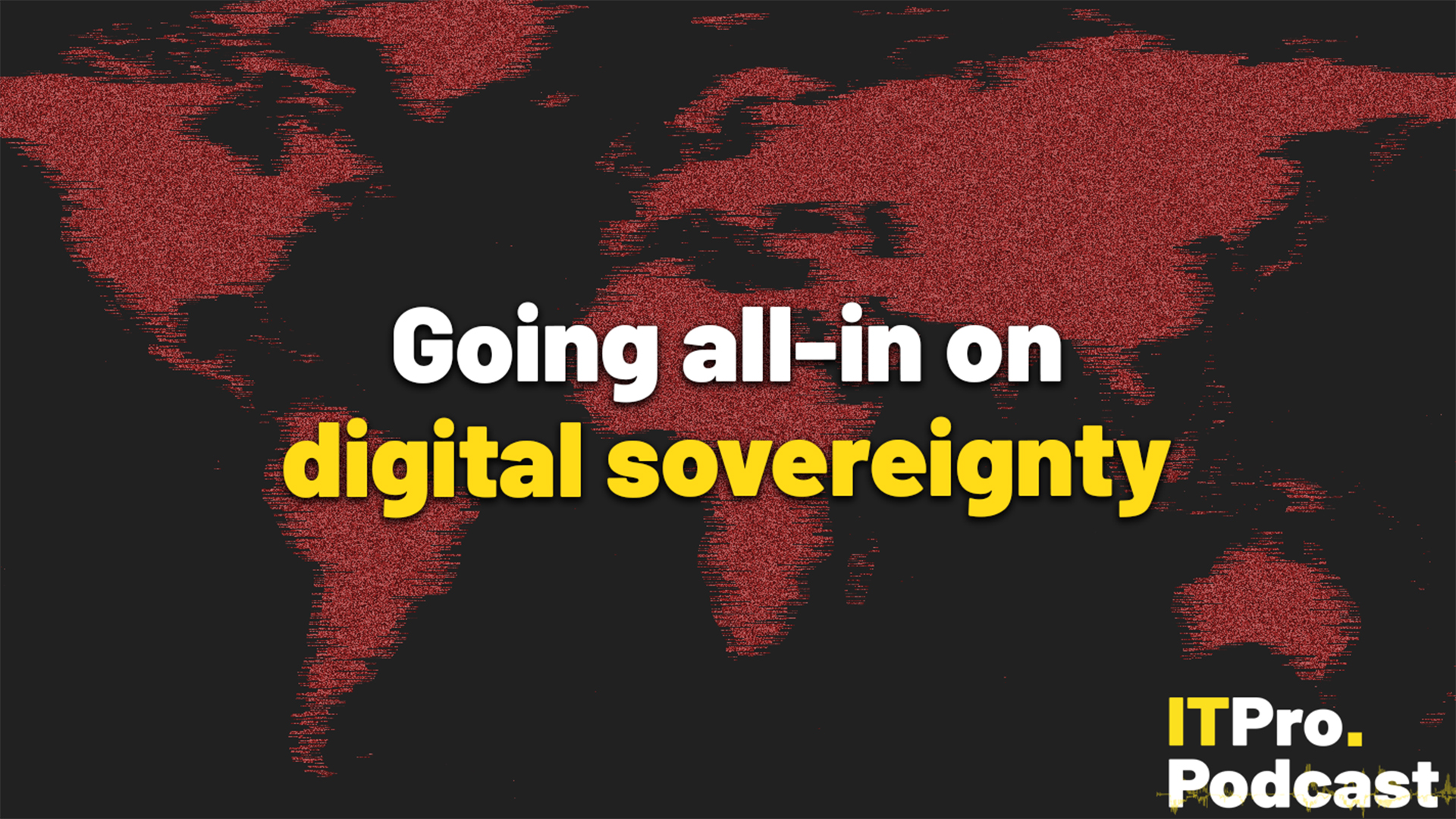Be Unlimited expands speedy broadband coverage
ISP offering fastest possible ASDL speeds announces plans to spread to more homes and businesses.

Sign up today and you will receive a free copy of our Future Focus 2025 report - the leading guidance on AI, cybersecurity and other IT challenges as per 700+ senior executives
You are now subscribed
Your newsletter sign-up was successful
O2 owned broadband provider Be Unlimited has announced that its UK coverage will increase by 15% in the next four months.
Be UnLimited offers ASDL+ speeds of up to 24Mbps. The network coverage expansion will be able to provide such broadband speeds to a further two million phone lines.
By June the company will also unbundle 400 exchanges to offer a number of 1,245, which it said would make them the most widespread ASDL2+ network in the country.
"This is the next stage in our development at BE as we believe that reliable high speed broadband takes continual innovation and investment," said Oli White, head of marketing at Be UnLimited.
"But it doesn't stop there. We are already testing new technologies that will enhance not only the network but our speed," he added.
ASDL2+ is the fastest ASDL broadband technology available in the UK (although fibre optic broadband potentially offers faster).
Be Unlimited uses the Local Loop Unbundling (LLU) EU directive, which means that the ISP is allowed to lease BT's last mile access infrastructure.
Sign up today and you will receive a free copy of our Future Focus 2025 report - the leading guidance on AI, cybersecurity and other IT challenges as per 700+ senior executives
O2 purchased Be Unlimited in June 2006 and since that time the UK has seen a major surge in the amount of LLU connections.
"Be's expansion into Northern Ireland and Wales will be particularly well received, as users there often have little choice between broadband providers," said Sam Crawford, founder of Samknows.com, who tracks the progress of broadband across the UK.
-
 Sumo Logic expands European footprint with AWS Sovereign Cloud deal
Sumo Logic expands European footprint with AWS Sovereign Cloud dealNews The vendor is extending its AI-powered security platform to the AWS European Sovereign Cloud and Swiss Data Center
-
 Going all-in on digital sovereignty
Going all-in on digital sovereigntyITPro Podcast Geopolitical uncertainty is intensifying public and private sector focus on true sovereign workloads